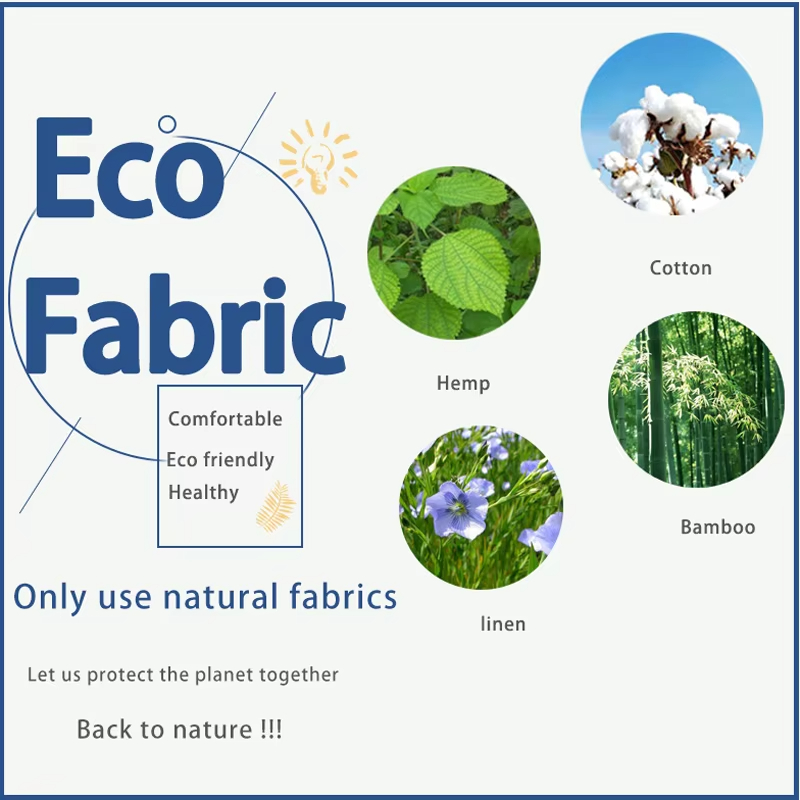In recent years, the global market has witnessed a significant shift towards sustainable and eco-friendly products, driven by increasing consumer awareness of environmental issues and the urgent need to reduce carbon footprints. Among the myriad of sustainable materials emerging in the market, bamboo fiber stands out as a versatile and highly promising option. As a company specializing in bamboo fiber products, we are well-positioned to capitalize on this growing trend, as bamboo fiber is poised to become a dominant material in the future due to its unique properties, environmental benefits, and wide-ranging applications.
One of the most compelling advantages of bamboo fiber is its sustainability. Bamboo is one of the fastest-growing plants in the world, capable of reaching maturity in just three to five years, compared to decades for traditional hardwoods. This rapid growth rate, coupled with its ability to thrive without the need for pesticides or excessive water, makes bamboo an exceptionally renewable resource. Furthermore, bamboo cultivation helps to combat soil erosion and improve air quality by absorbing large amounts of carbon dioxide and releasing oxygen. As consumers and industries increasingly prioritize sustainability, bamboo fiber’s eco-friendly credentials will undoubtedly give it a competitive edge in the market.
In addition to its environmental benefits, bamboo fiber boasts remarkable functional properties that make it highly desirable for a wide range of applications. Bamboo fiber is naturally antibacterial and hypoallergenic, making it an ideal material for textiles, particularly in the production of clothing, bedding, and towels. Its moisture-wicking and breathable qualities ensure comfort and hygiene, which are increasingly sought after in the apparel and home goods sectors. Moreover, bamboo fiber is incredibly soft, often compared to silk or cashmere, yet it is durable and easy to care for. These attributes make it a versatile material that appeals to both eco-conscious consumers and those seeking high-quality, functional products.
The versatility of bamboo fiber extends beyond textiles. It is also being used in the production of biodegradable packaging, composite materials, and even construction products. As industries seek to replace petroleum-based plastics and other non-renewable materials, bamboo fiber offers a sustainable alternative that aligns with global efforts to reduce waste and promote circular economies. This adaptability ensures that bamboo fiber will remain relevant across multiple sectors, further solidifying its market advantage.
Another key factor driving the future success of bamboo fiber is the growing demand for transparency and ethical sourcing in supply chains. Consumers are increasingly scrutinizing the origins of the products they purchase, favoring brands that demonstrate a commitment to ethical practices. Bamboo, as a naturally abundant and low-impact resource, aligns perfectly with these values. By leveraging bamboo fiber, our company can not only meet consumer expectations but also differentiate ourselves as a leader in sustainable innovation.
Finally, the global regulatory landscape is shifting towards stricter environmental standards, with governments and organizations incentivizing the use of renewable materials. Bamboo fiber, with its low environmental impact and carbon-neutral lifecycle, is well-positioned to benefit from these policies. As regulations continue to evolve, companies that adopt bamboo fiber early will gain a significant first-mover advantage in the market.
In conclusion, bamboo fiber is not just a trend but a transformative material that is set to dominate the future market. Its sustainability, functional properties, versatility, and alignment with consumer and regulatory demands make it an unparalleled choice for businesses and consumers alike. By continuing to innovate and expand our bamboo fiber product lines, we are not only contributing to a greener planet but also securing a competitive edge in the rapidly evolving global marketplace. The future is green, and bamboo fiber is at the forefront of this revolution.
Post time: Mar-07-2025







